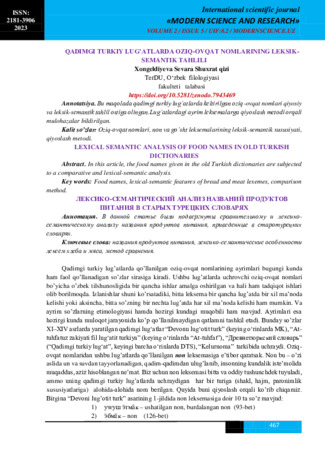


Check the introduction of the name dictionary for methodology on how the data was compiled. The study of surnames in onomastics requires a combination of language studies and genealogical methods to match the evolution of words with the individuals who used those words as their names and how that usage changes over time. In The Anthropology of Names and Naming, this significance is upheld: “The right to a name is enshrined in the UN Convention on the Rights of the Child, recognizing the implications of carrying a name that begin at the earliest moments of social being.” Names help a person establish an identity, and the process of “naming is a crucial aspect of converting ‘anybodies’ into ‘somebodies’.” Names also help tie a new child into a family identity because “the act of naming has the potential to implicate infants in relations… Individual lives thus become entangled-through the name-in the life histories of others.” ( Bodenhorn).Ī good name dictionary is created using historical evidence from documents to locate the name throughout history. Filling in a birth certificate, making a name announcement to family members, and holding a formal religious naming ceremony all represent “a process of individuation in which a person becomes a separate entity who will ultimately develop a unique personality.” Nuessel also attests “most people recognize that giving a name to a child is a significant social function with profound and lifelong consequences.” “The act of naming a newborn infant is an important rite of passage in society.” ( Nuessel). For most, choosing a name for a newborn is an activity of utmost significance.


 0 kommentar(er)
0 kommentar(er)
